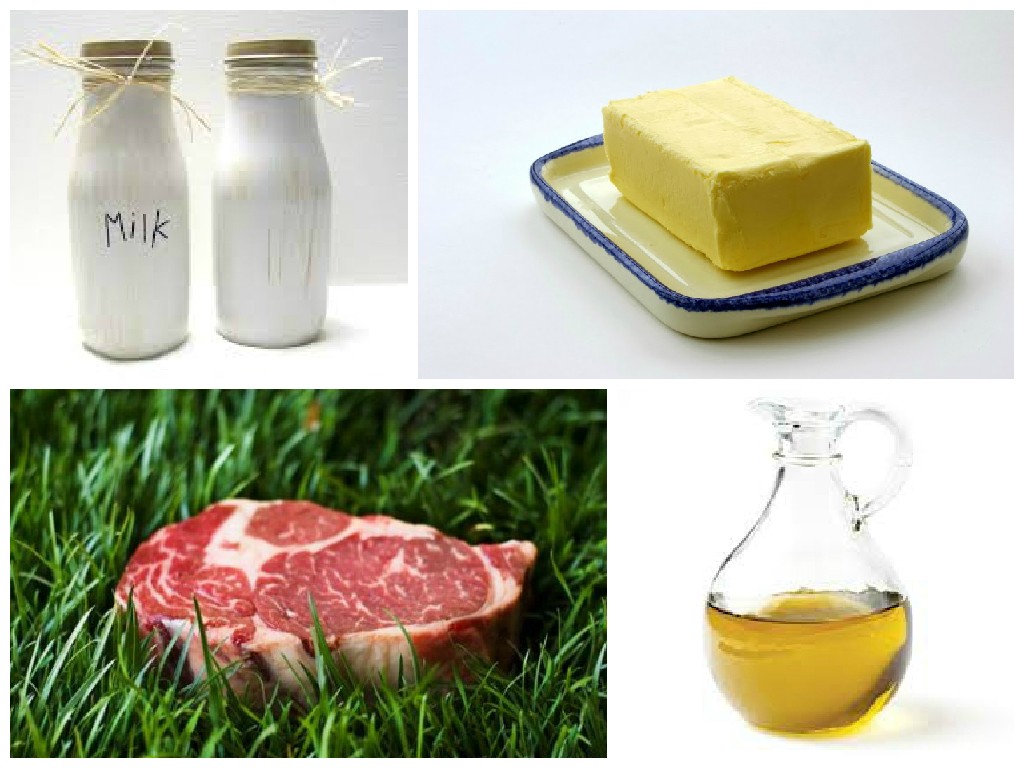Since cooking is always preceded by grocery shopping, this is where your culinary education begins.
* We’ll cover what you need to know to make the best choices — aisle by aisle — when it comes to buying fruit, vegetables, dairy, meat, eggs, grains, cooking fats, and packaged foods.
* This is NOT a class about calorie-counting or low-fat foods. Instead, a good food focusing on understanding keywords like local, organic, sustainable, grass-fed, humanely-raised, wild, GMO, and extra-virgin, which all tell a clearer story about the food we eat than its nutritional panel.
* A robust Q&A is included throughout the session, so everyone’s burning questions will be answered.
SNEAK PEEK
What will you learn? Browse the Top 10 Takeaways from this class.
JOIN a PUBLIC CLASS
Check out our upcoming schedule for the next Food IQ workshop date! Each 90-minute session is $25.
BOOK a PRIVATE CLASS
To book a “lunch and learn” workshop for your private group, please reach out to jennifer@homecookingny.com.
Available virtually ($650) or in your NYC office ($800) for groups of all sizes. 60- or 90-minute format (your choice).
WHAT IS COVERED?
(each participant will receive a comprehensive informational packet + recipes at the start of the class)
-
How to Shop for Produce.
Organic vs. conventional; what produce you should always buy organic; why small local farms are often better than “organic”; how do you store produce for the best shelf life?
-
How to Shop for Meat + Eggs + Dairy.
Understanding the vast differences between your choices: grass-fed vs. corn-fed beef, pasture-raised vs. free-range chickens, commercial animal husbandry vs. small-scale, antibiotic-free/hormone-free. We’ll decipher all those terms and show you how to find the best-quality animal products in your supermarket.
-
Good Fats vs. Bad Fats.
What fats and oils to buy, which to avoid, and why. How is skim milk made and why low-fat processed foods the wrong choice. How to choose a good-quality cooking oils.
-
All About Sugar.
Understanding the glycemic index of foods and how your body processes sugar. How carbohydrates = sugar. Understanding the difference between complex vs. simple carbohydrates.
-
Understanding Food Labels.
How to read a package label: the nutritional information, the ingredients, and manufacturers’ claims. What are GMOs and why should I care?
-
Eating Locally.
Why are local produce and locally-produce meats better, how to find it, and how to get it delivered right to your front door. What should you always buy at the farmer’s market vs. the supermarket.
-
Food Shopping + Menu Planning.
How to organize your weekly shopping and make-ahead cooking habits so you can maximize the number of home-cooked foods your eat; how to shop economically and best store your food, so you can avoid throwing away food at the end of the week.
-
Recipes.
We include a whole bunch in your information packet to get you started on the right foot.

